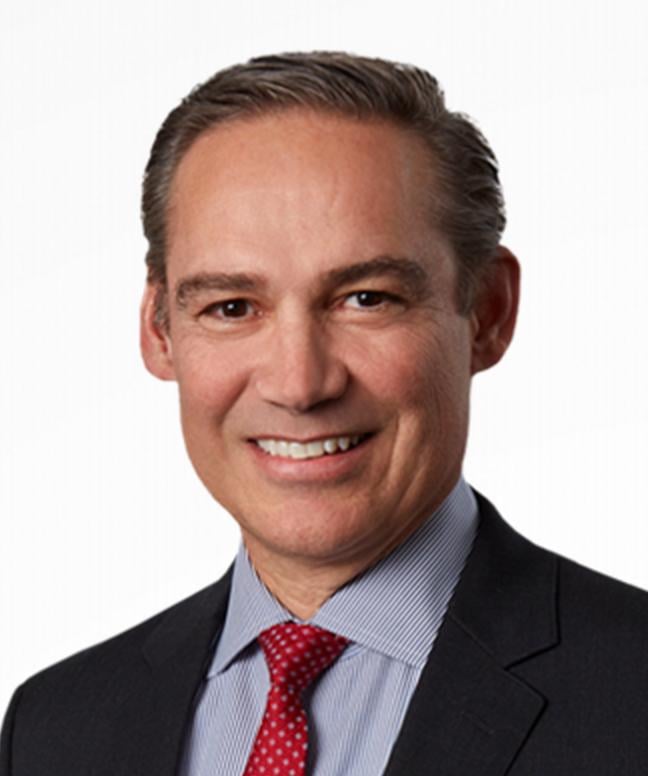
Kelly Ortberg’s quiet departure from the executive ranks of Raytheon Technologies was a jolt to some veterans in the aerospace business community, where he has long been regarded as an exceptional talent in the prime of his career.
But not everyone was surprised.
In an announcement posted on LinkedIn on March 1, Raytheon Technologies chairman, CEO and president Greg Hayes said Ortberg, most recently a special advisor to the CEO, had decided to retire at the end of February. He will continue to sit on the company’s board. In response to a query, Raytheon shared a similar internal version of Hayes’ announcement but declined to comment further on Ortberg’s retirement.
Ortberg has long been one of the aerospace industry’s bright stars. A member of the leadership team that superbly managed avionics powerhouse Rockwell Collins, he was elevated to CEO in 2013 at the age of 53 and took the company to the next level with the market-moving acquisitions of Arinc and B/E Aerospace. Then, in 2018, Hayes led United Technologies Corp.’s (UTC) acquisition of Rockwell Collins for $30 billion and combined it with UTC Aerospace Systems to create the Collins Aerospace division. That, and the divestiture of UTC’s non-aerospace units, left Ortberg in charge of running the company’s largest business, with 70,000 employees and $23 billion in annual sales (UTC also owned aircraft engine supplier Pratt & Whitney).
In aerospace business chatter, Ortberg’s name quickly rose to the top of the list of potential successors to Hayes. But Hayes wasn’t finished reshaping the company. In 2019, just seven months after completing the purchase of Rockwell Collins, UTC and defense giant Raytheon announced an all-stock merger to create Raytheon Technologies, the world’s third-largest aerospace company after Boeing and Airbus. The deal swelled UTC’s defense revenues, but left Collins Aerospace with a smaller share of overall sales.
In February 2020, UTC announced that Ortberg was moving from Collins to become special advisor to the CEO “to help support the office as it prepares to lead the future Raytheon Technologies.” Ortberg’s fans saw the shift to headquarters as a natural step in grooming him for bigger things. But skeptics believe the move sidelined him to a role out of the public view. They also note that Hayes, who has run UTC since 2014, has not given any public indication that he plans to retire.
It is speculative but plausible that Ortberg and Hayes did not always see eye-to-eye. Iowa-based Rockwell Collins, which Ortberg joined in 1987 as a program manager, was driven by a culture of innovation, while UTC was grounded in execution and continuous improvement. There were bound to be clashes as those two cultures were slammed together.
Whatever the case, Hayes had nothing but praise for Ortberg. “As Kelly retires from his position as special advisor to my office, it’s a moment to reflect on his remarkable career and the extraordinary impact he has had on the aerospace and defense industry,” Hayes wrote. “I appreciate Kelly’s advice and counsel as we formed both Collins Aerospace and Raytheon Technologies, and would note that his contributions to our customers, employees and company have been immeasurable.”





